Genetics
-
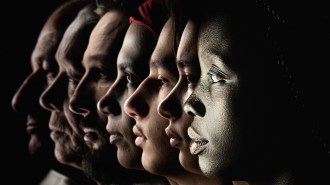 Genetics
GeneticsHow one scientist aims to boost Black people’s representation in genetic datasets
Through information sharing, geneticist Tshaka Cunningham wants to build trust and encourage more Black people to engage with the medical community.
-
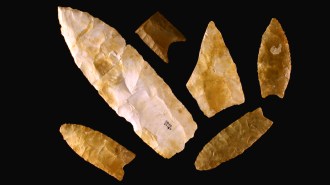 Archaeology
Archaeology‘Origin’ explores the controversial science of the first Americans
A new book looks at how genetics has affected the study of humans’ arrival in the Americas and sparked conflicts with Indigenous groups today.
By Bruce Bower -
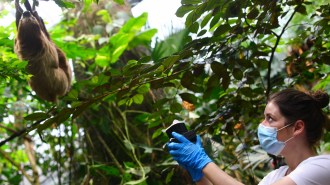 Animals
AnimalsScientists vacuumed animal DNA out of thin air for the first time
The ability to sniff out animals’ airborne genetic material has been on researchers’ wish list for over a decade.
By Jude Coleman -
 Genetics
GeneticsA genetic analysis hints at why COVID-19 can mess with smell
People with some genetic variants close to smell-related genes had an 11 percent higher risk of losing their sense of taste or smell.
-
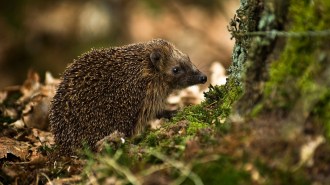 Microbes
MicrobesDrug-resistant bacteria evolved on hedgehogs long before the use of antibiotics
A standoff between bacteria and antibiotic-producing fungi living on hedgehogs may have led to the rise of one type of MRSA some 200 years ago.
-
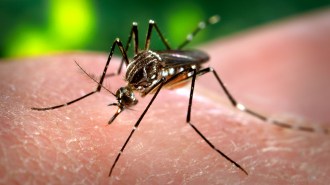 Animals
Animals50 years ago, scientists were genetically modifying mosquitoes
In 1971, scientists turned to genetics to control disease-spreading mosquitoes without DDT. Today, there are a variety of pesticide-free methods.
-
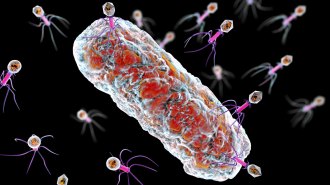 Microbes
MicrobesA bacteria-virus arms race could lead to a new way to treat shigellosis
As bacteria that cause shigellosis evolve to escape a virus, the microbes may become less deadly, a hopeful sign for “phage therapy.”
-
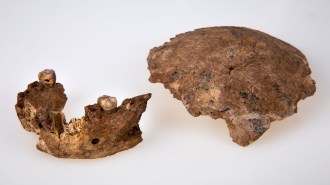 Anthropology
Anthropology2021 research reinforced that mating across groups drove human evolution
Fossils and DNA point to mixing and mingling among Homo groups across vast areas.
By Bruce Bower -
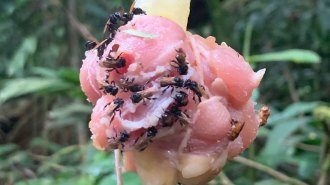 Animals
AnimalsGut bacteria let vulture bees eat rotting flesh without getting sick
Acid-producing bacteria in the gut of vulture bees let these “weirdos of the bee world” safely snack on animal carcasses.
-
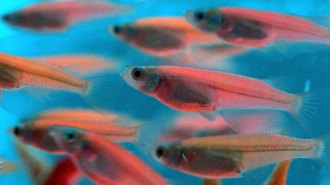 Life
Life‘Life as We Made It’ charts the past and future of genetic tinkering
A new book shatters illusions that human meddling with nature has only just begun.
-
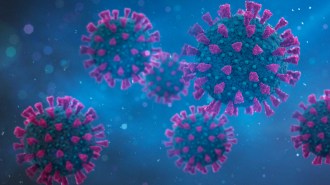 Microbes
MicrobesAre viruses alive, not alive or something in between? And why does it matter?
The way we talk about viruses can shift scientific research and our understanding of evolution.
-
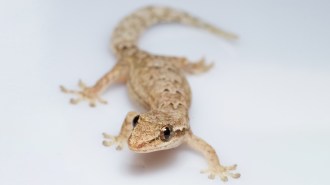 Life
LifeGene-edited stem cells help geckos regrow more perfect tails
Regenerated gecko tails are a far cry from perfect. Now experiments have coaxed geckos to regrow better ones with nerve tissue and bonelike cartilage.
By Freda Kreier